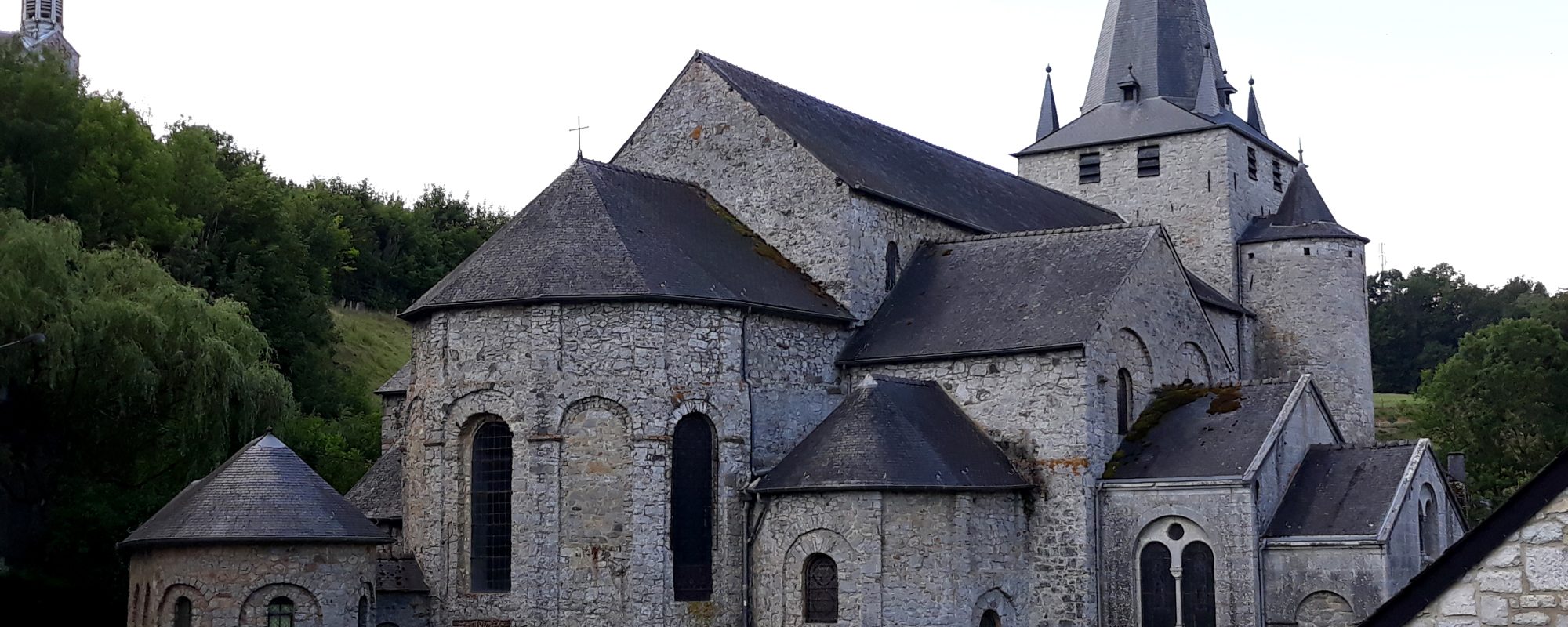
A pivotal part of historical community life, discover the religious heritage that unites our Beautiful Villages.

At the end of the Austrian period, a house from 1790 with a Mansard roof
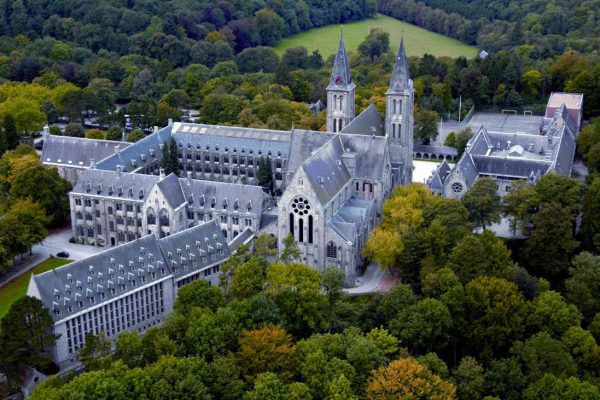
A prestigious monastery from which emanates plenitude, tranquillity and absoluteness. An architectural ensemble of great beauty to which one cannot remain indifferent... (Outside the village - 3 km).
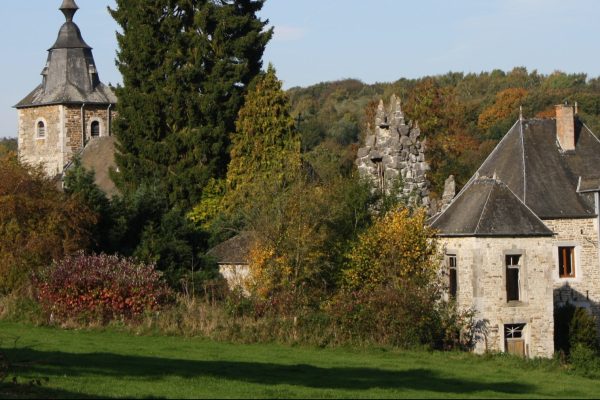
The former presbytery of Crupet, dated 1654, forms a listed site with the church of Saint-Martin, the adjacent old cemetery, the church square and the lime tree.
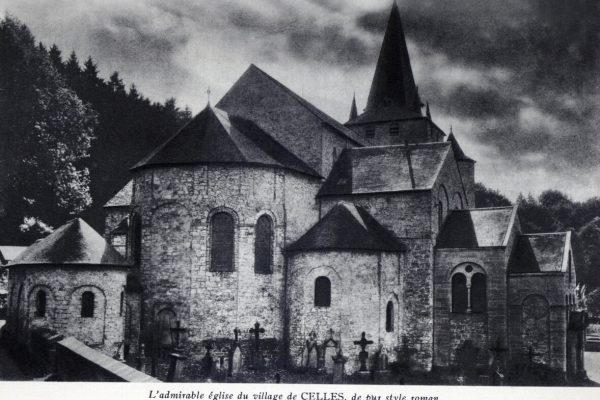
Since the 11th century, the collegiate church has displayed its cascading limestone volumes in the heart of the village of Celles - an exceptional heritage of Wallonia.
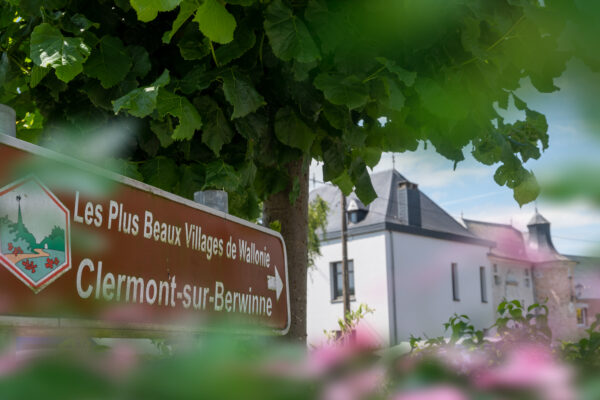
Fondée en 1216 par des moines cisterciens, l’abbaye Notre-Dame du Val-Dieu est un havre de paix au cœur du Pays de Herve. Elle se situe au centre du triangle Liège-Maastricht-Aix-la-Chapelle.
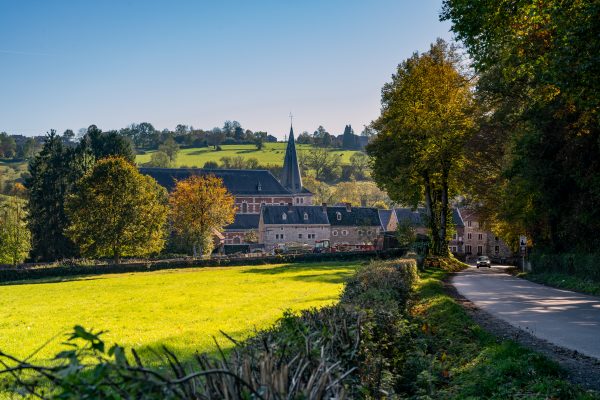
Like a tower moored to a large vessel, the imposing silhouette of the Saint-Roch church stands out in the Soiron landscape.

A beautiful unfinished Romanesque church, the former abbey church of a short-lived monastery.
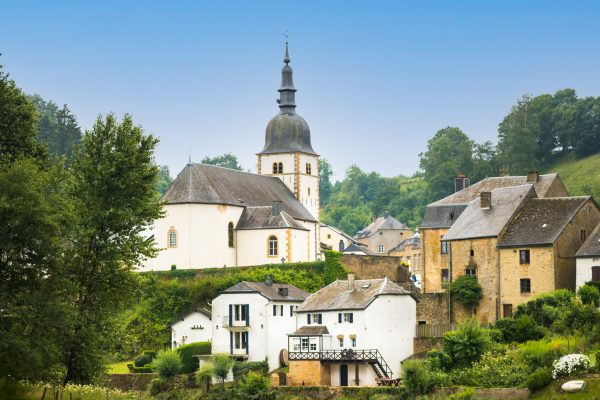
Where the waters of the Semois meet the foot of the village, the church of Saint-Martin imposes its silhouette on the landscape
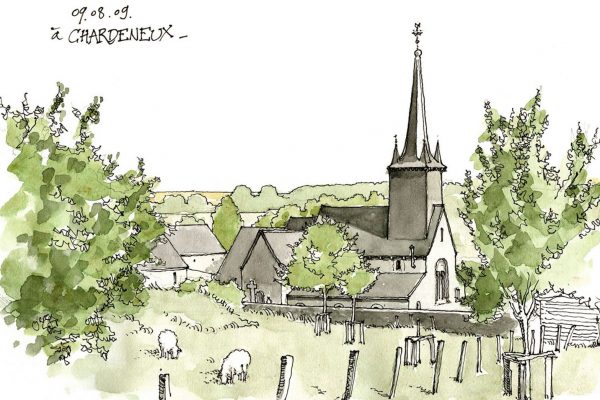
From its square, open to the landscape, the traditional buildings of the village flow out - Listed monument.
The association Les Plus Beaux Villages de Wallonie (The Most Beautiful Villages of Wallonia) oversees a network of 32 villages, bearers of a strong territorial identity and reflecting traditional architecture. It is committed to promoting the rural, cultural and natural heritage of Wallonia and is a part of the development of local and responsible tourism.
More information